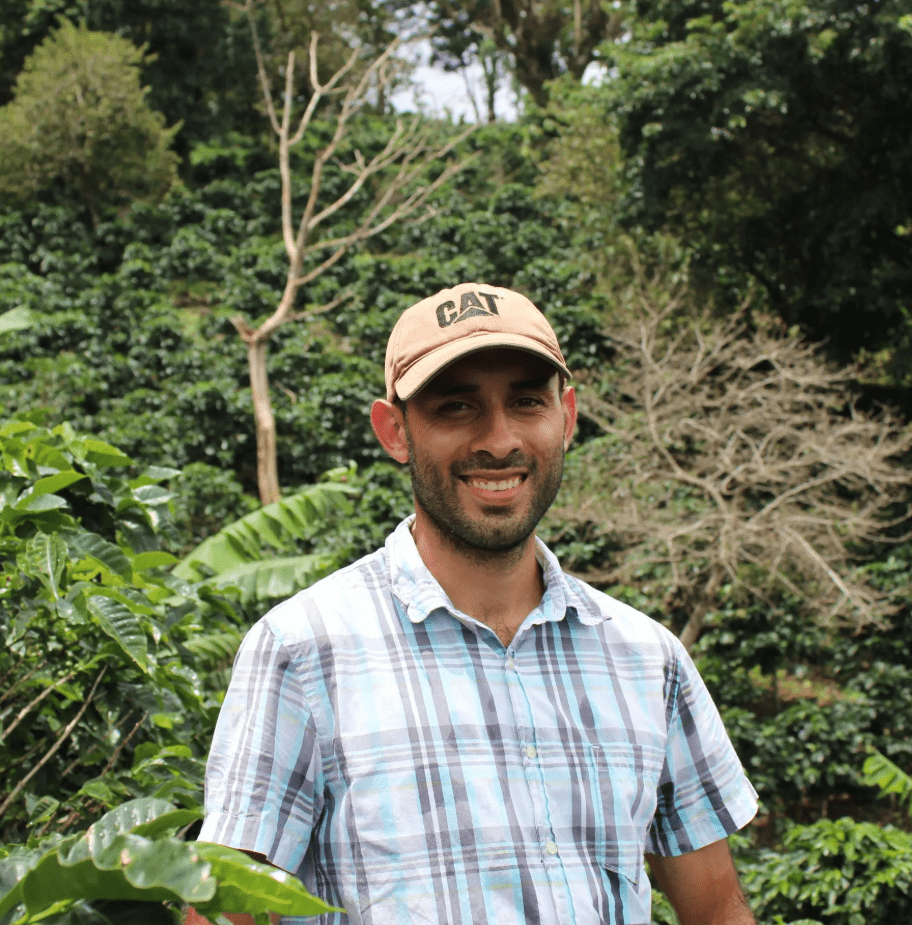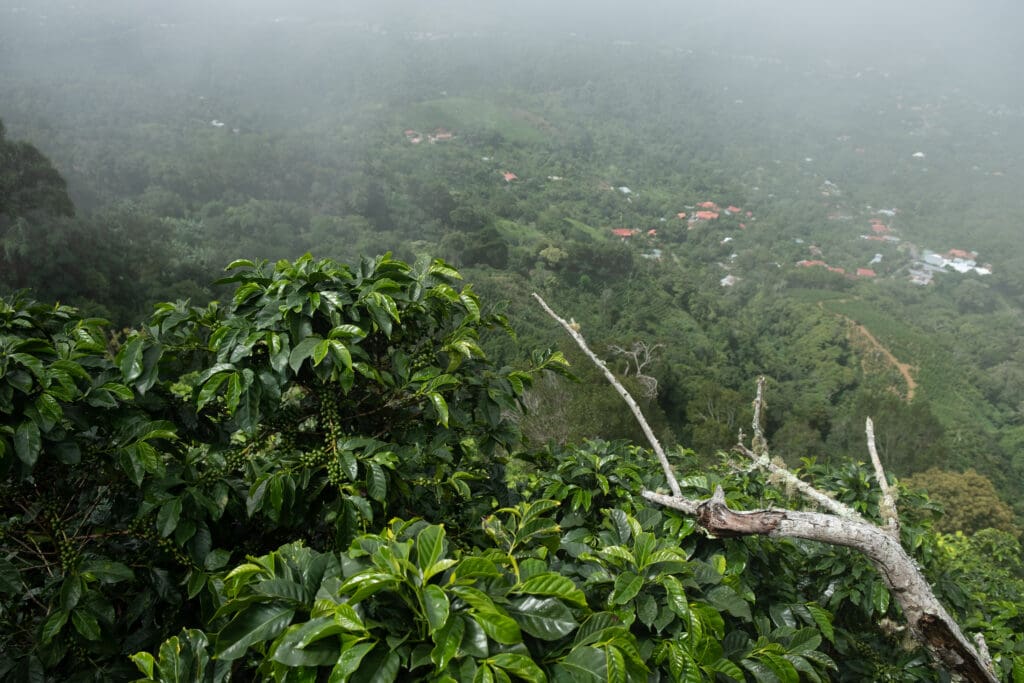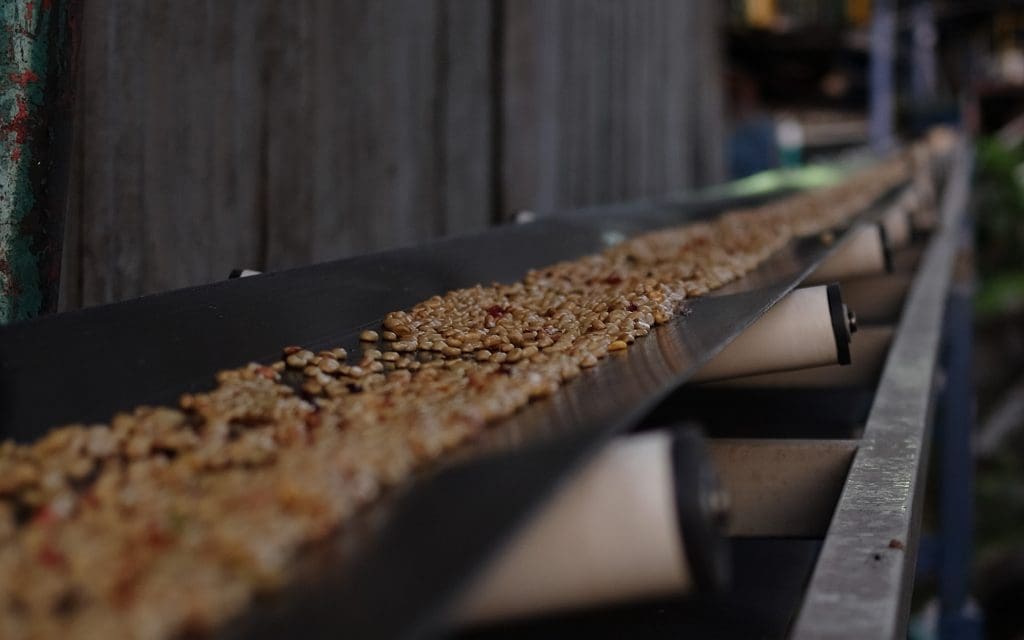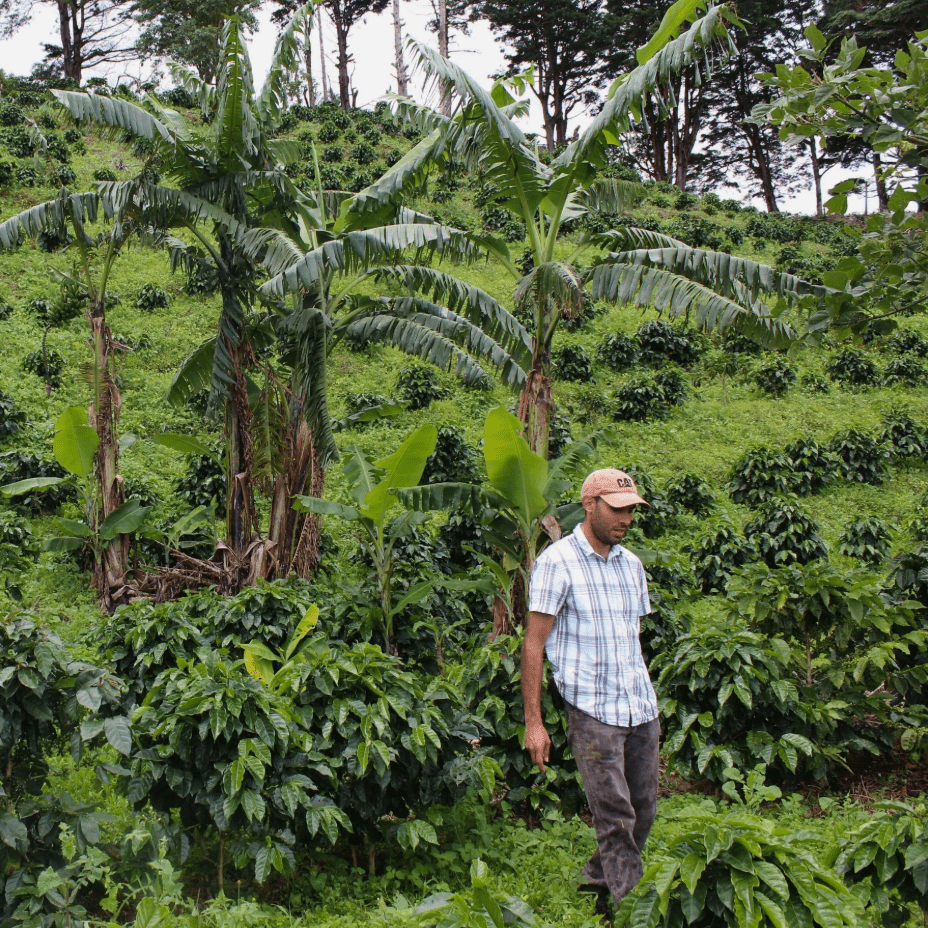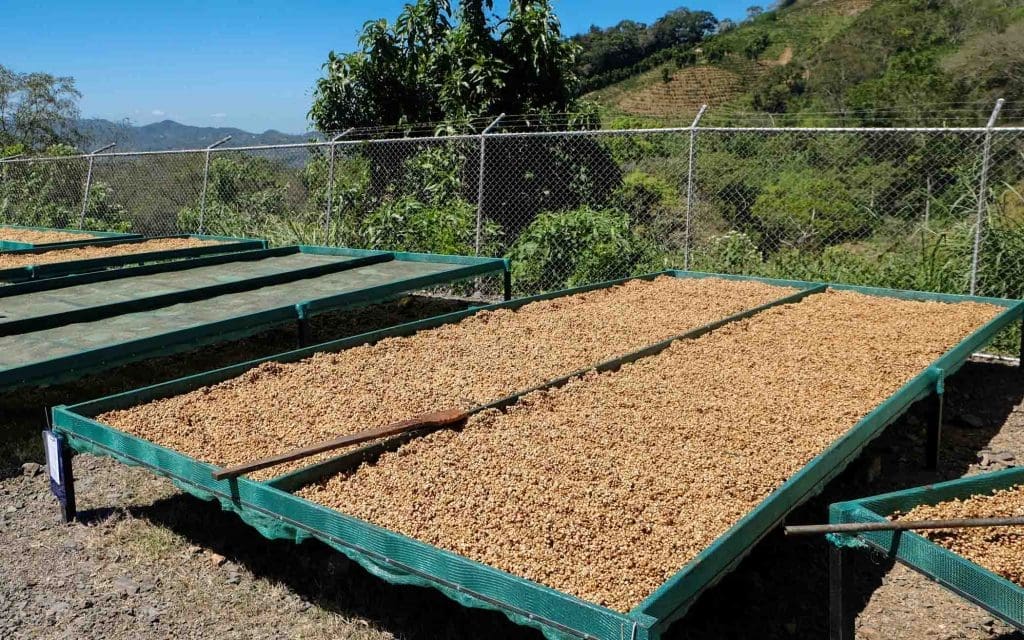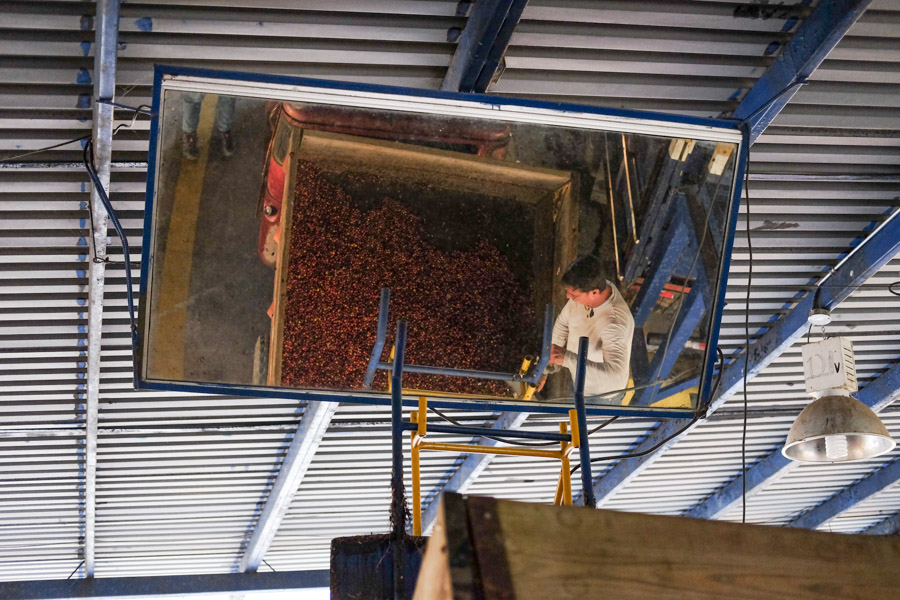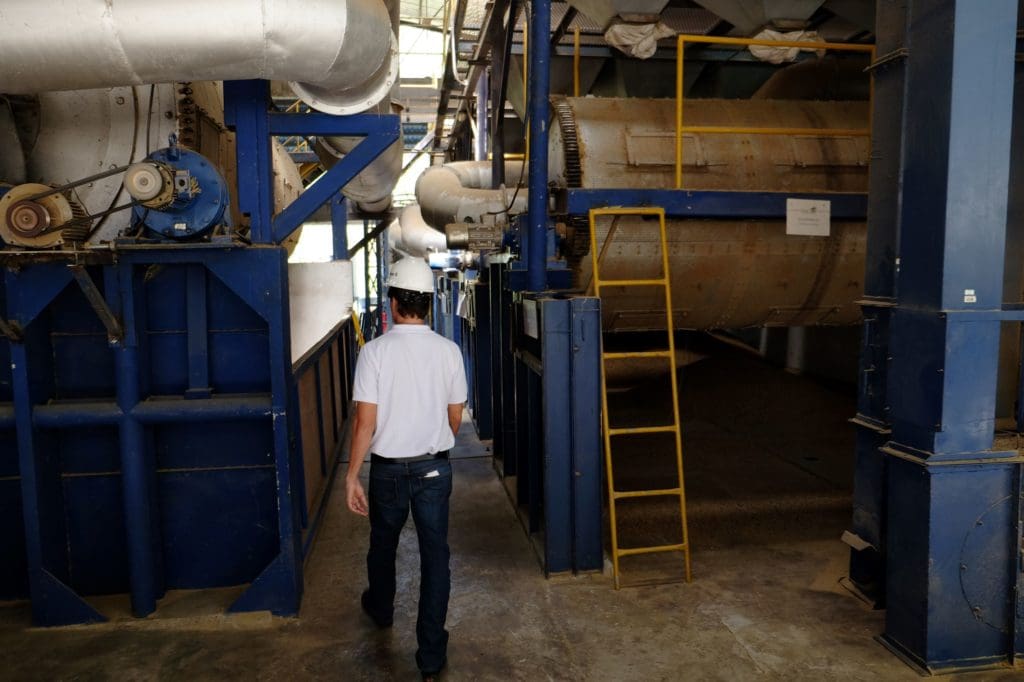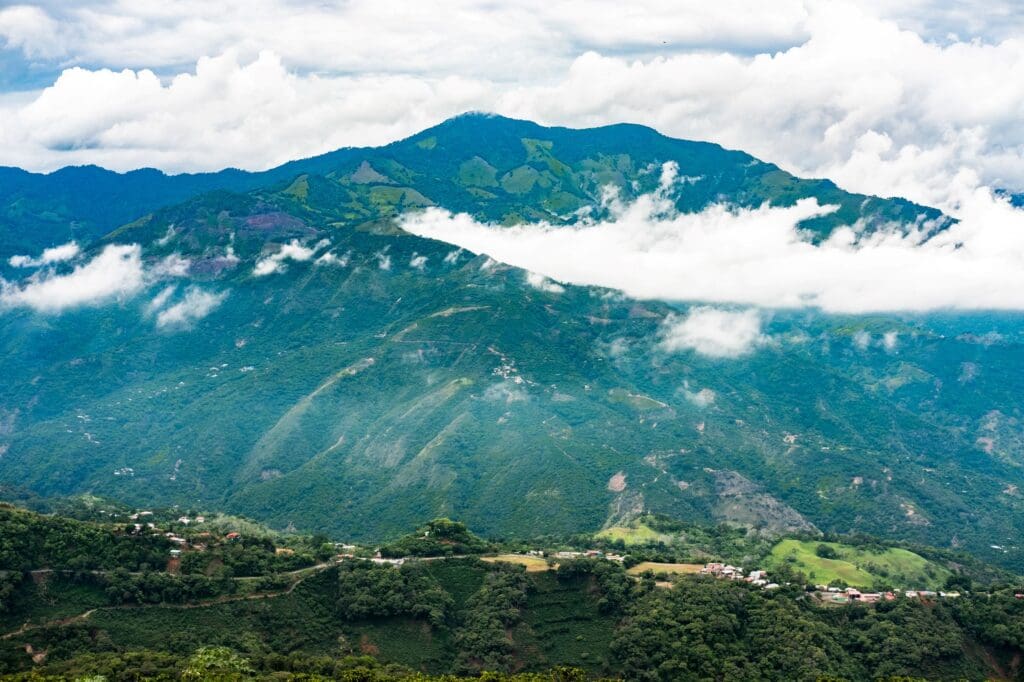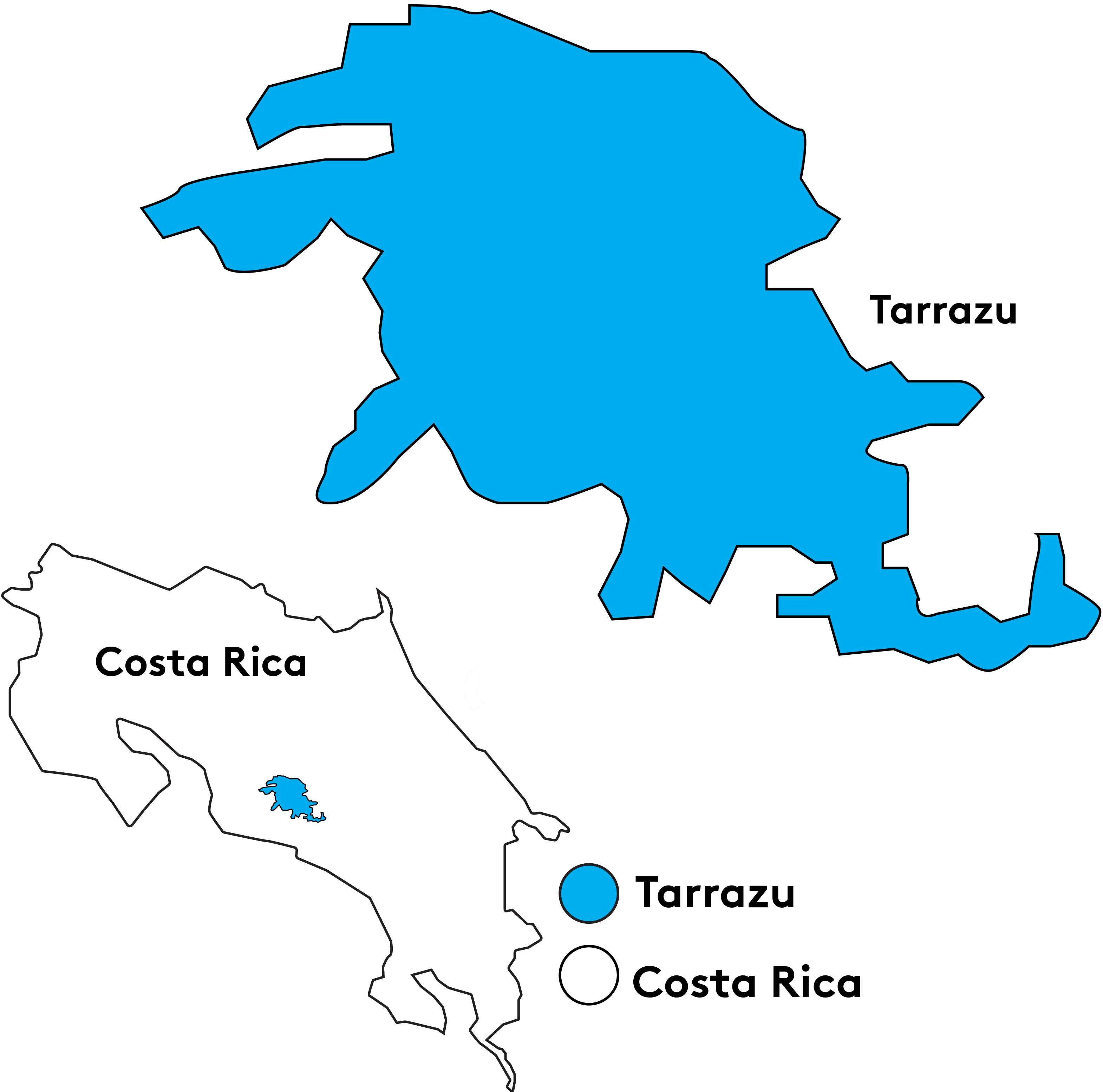Founded in 2015, Palmichal Micro Mill was established with the vision of celebrating and elevating the unique qualities of Costa Rica’s finest coffee farms. Nestled in the fertile highlands near Tarrazú, the mill combines innovation and tradition to bring out the best in every coffee lot. Through close collaboration with producers like Paul Cascante, Palmichal explores diverse processing methods, ranging from honey to natural and anaerobic fermentations, always seeking the ideal approach for each variety and origin.
At just 33 years old, Paul Cascante represents a new generation of Costa Rican coffee producers. With a background in agronomy and a modern outlook on farming, Paul manages his family’s 14-hectare estate near the town of Palmichal. His expertise and dedication are evident both in the condition of his plantations and in his constant pursuit of improved yields and cup quality.
For this natural lot, ripe Caturra cherries are hand-picked and undergo floater separation to ensure only dense, healthy cherries are used. The whole cherries ferment in tanks for 30 hours before being sun-dried on patios for 18 days, with protective covers placed over them each night to prevent excess moisture. Once the coffee reaches a moisture content of 10.5%, it rests for two months to stabilize its flavor profile. After this period, the dried husk is milled off, and the beans are carefully sorted by weight, density, and color to guarantee consistency and quality.
